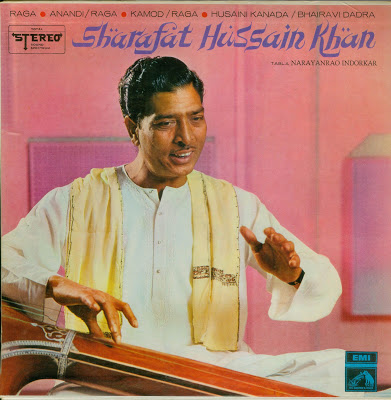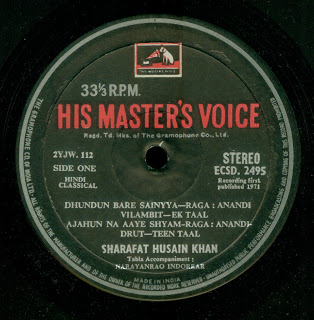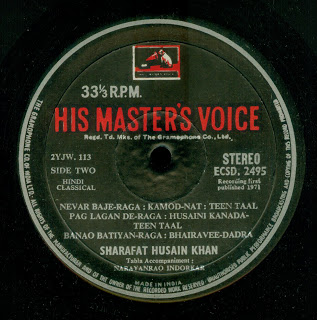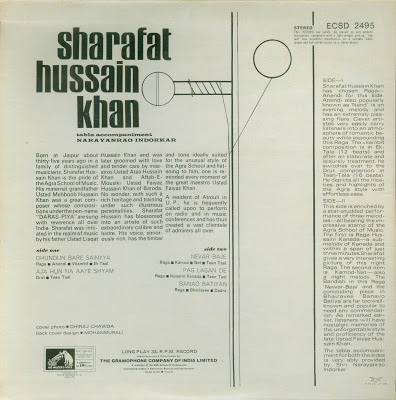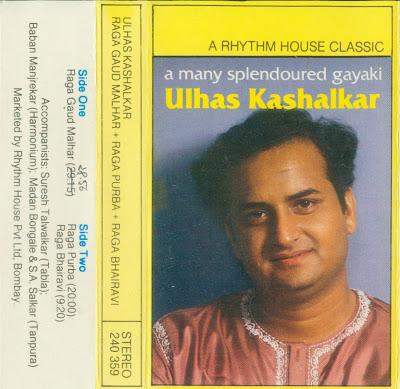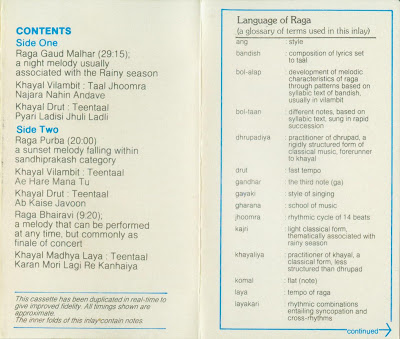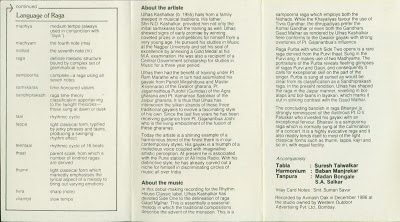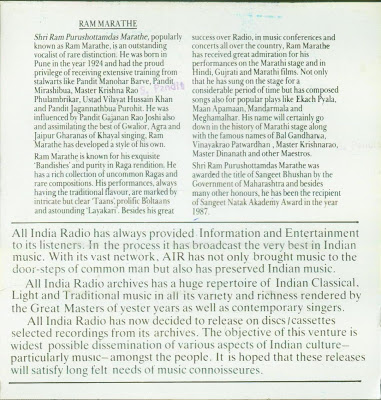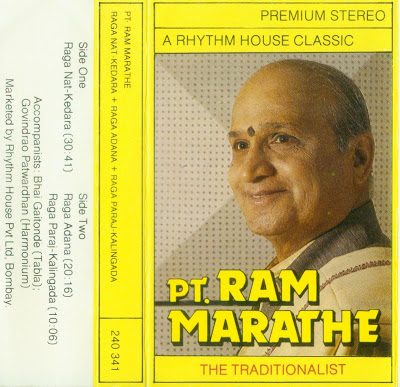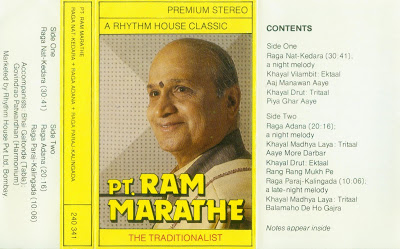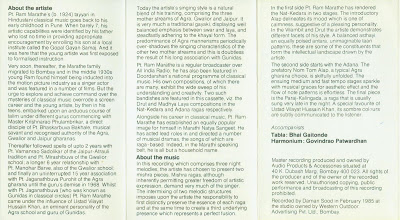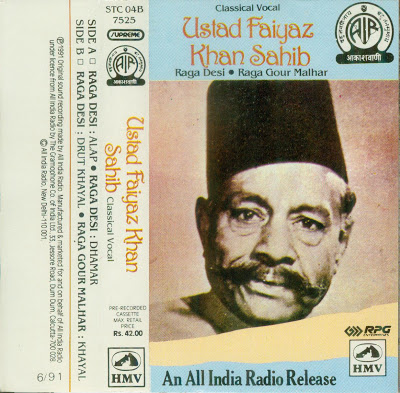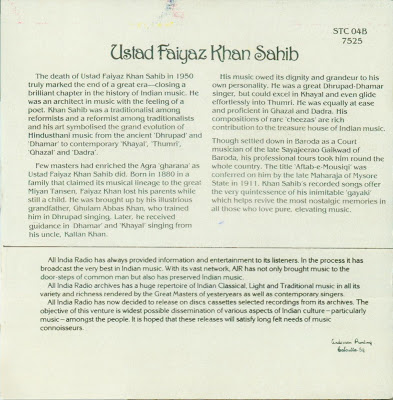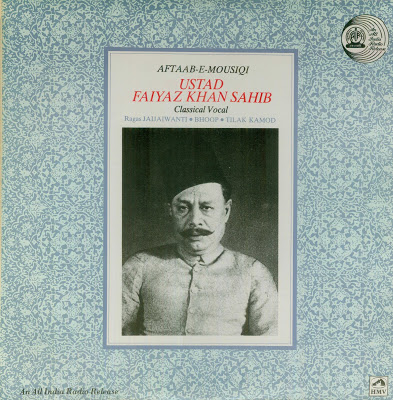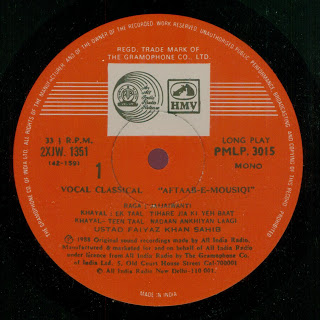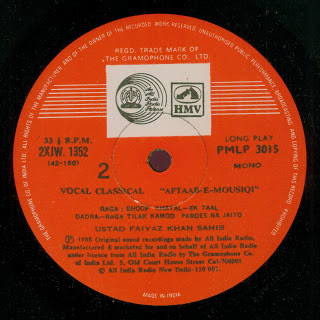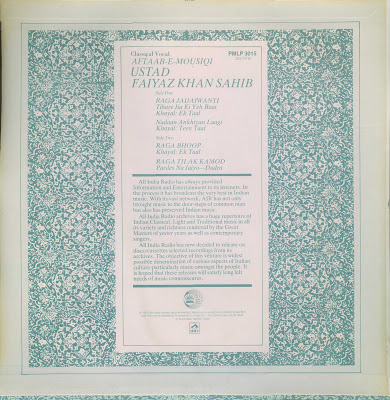Ustad Asad Ali Khan was an outstanding disciple of the great Ustad Fayyaz Khan. He was already well-known in India in the 1940s, before he went to Pakistan after partition. There unfortunately - it seems - he never became very well known, judging from the few recordings which exist. I guess these musicians were mainly known for their - often privately organized - concerts (Mehfils).
Raju Asokan, the great collector, has shared recently two wonderful long performances by him on his YouTube channel:
Here some memories by a singer, Moni Babu, who learned, among other greats of the Agra Gharana, also from Ustad Asad Ali Khan:
"Ustadji’s (Tassadaq Hussain Khan's) nephew Asad Ali was a wonderful singer. He moved to Karachi after
partition. Till then we thought that in Ustad’s absence Asad was the one who
would bear the mantle. Once in a programme from Delhi Radio he gave a recital of
Sayaji Kanada. It was an unbelievable performance that haunted me for many days.
When Asad returned to Agra, I pleaded with him to show me the nuances of the
raga. Ustadji was not at home when we started but suddenly returned from
somewhere. Asad received the scolding of his life and literally fell at his
feet. I was speechless at the developments and vanished from the scene. Later
Ustadji called me the same day and taught me till I was able to sing it myself.
The fact was , none except him was allowed to teach. I was clearly told not to
depend on anybody else and ask him whatever I wanted to know. I had seen similar
things to happen to others also.
He affectionately called me Maharaj and treated me like one. On Sundays his
own tonga would pick me up and drop me back. Money was never an issue. Whenever
and whatever I could afford to give was fine. Agra was witness to the most
terrible riots during partition time. Ustadji’s house was at the end of a lane
through a red-light area , lined on both sides with beef-shops on the ground
floor . No Hindu would even think of going there those days, particularly
during the nights. I had never told anything to him but was naturally a bit
concerned because it was quite late in the night by the time I returned from
Ustadji’s house. One day Ustadji called a man named Abdul and told him “Abdul,
he is my son. Nothing should happen to him”. From that day onwards, two persons
would escort me every day till I reached the safe Hindu locality. So much for
discrimination”.
Read here the complete story:
Some information on the Agra Gharana:
%20-%20front.jpg)
%20-%20back.jpg)
%20-%20front.jpg)
%20-%20back.jpg)
%20-%20front.jpg)
%20-%20back.jpg)
